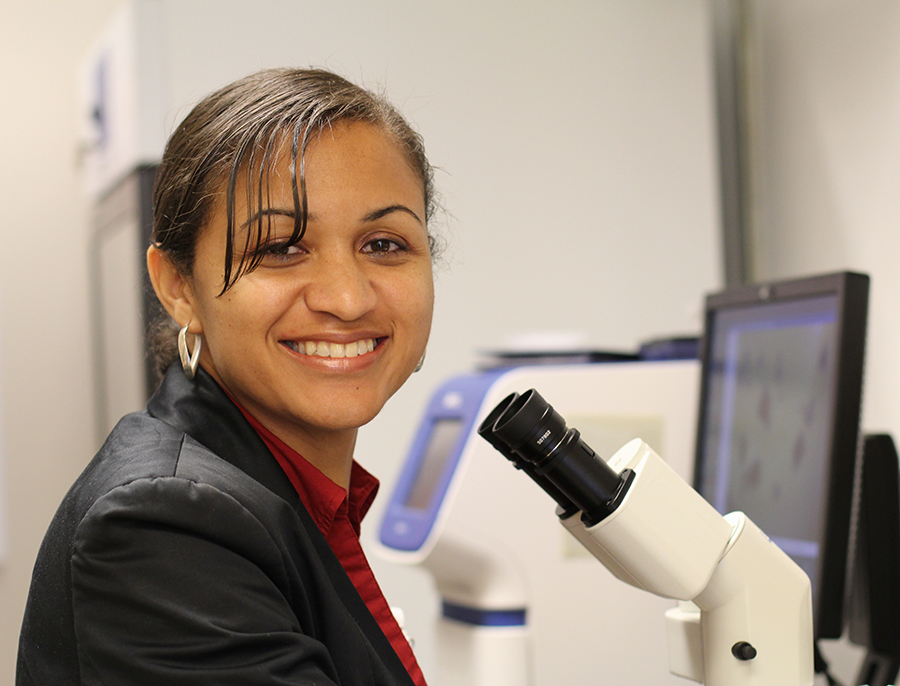
Earlier this year, a team at the Karolinska Institute published a paper that profiled gene activity in single cells from human embryos created in the context of in vitro fertilization.
Now this group has announced their plans to edit the DNA of normal human embryos to study how changing the activity of these genes affects early embryonic development. This type of work is highly controversial. While many people believe that it could eventually lead to creating “designer babies” that have been edited and screened to have certain favorable traits, others believe that this type of work has the potential to eventually cure inherited diseases prior to an embryo’s implantation in the uterus. At this time, doing this type of research in the US is not illegal, but the same regulations that prohibit federal funds from being used to create new stem cell lines also prohibit the use of federal funds to do this type of research.
I have a long-standing interest in the intersection of genetic engineering, equality of opportunity, and the distribution of talents and skills; the questions and concerns that this type of research engenders are moving from science fiction towards reality.
